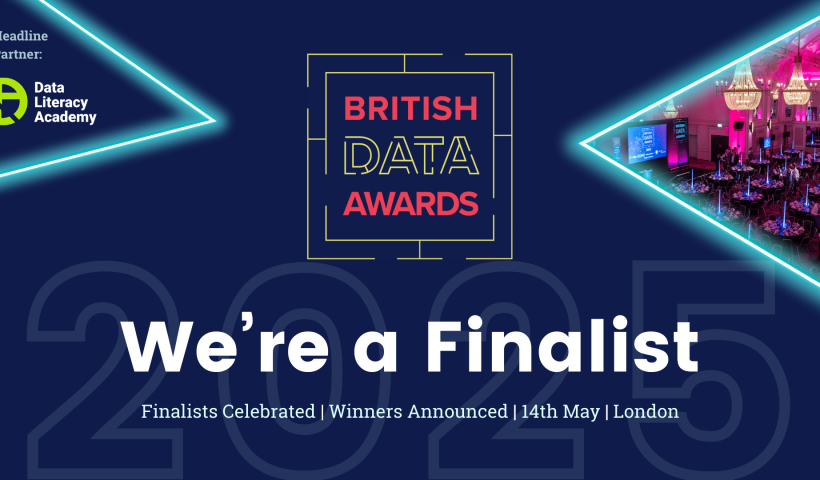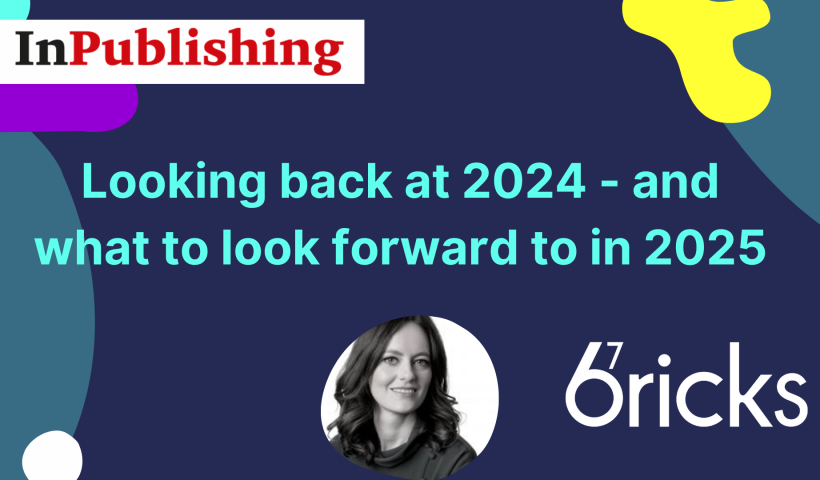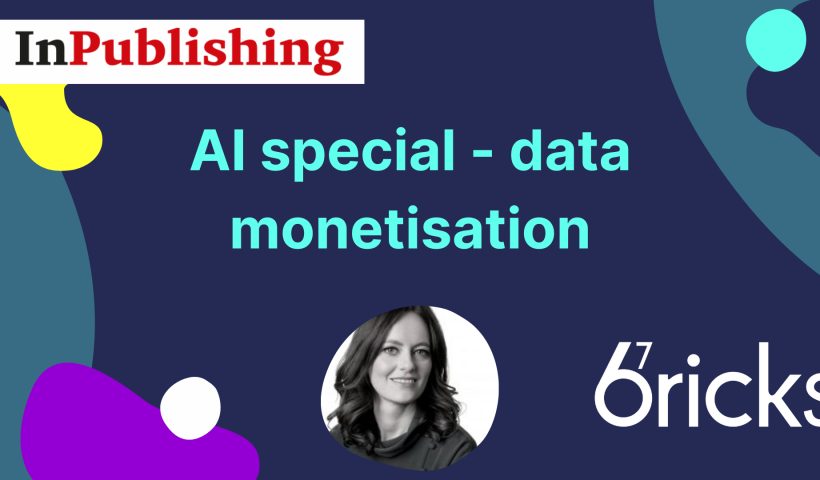Last week Claire Jackson and Emma Watkins attended the annual ALPSP conference in Manchester. As well as meeting clients and industry friends, Emma was also busy as a member of ALPSP Board of Directors, while Claire chaired a panel on ‘Taking Action on Sustainability’.
We asked them for their top takeaways from the week, and here’s what they came up with.
Emma Watkins, Head of Marketing and Communications
I was mostly struck by how integral technology is for the future survival of all publishers, but especially smaller, society ones. Almost every session touched on the need for well-structured data, sensible technology architecture and interoperable systems to enable the vision of the future for publishing that we all want to see. As noted in the session on ‘How Smaller Publishers Remain Relevant’, smaller companies have the opportunity to use their size to work faster, try new things at pace and find solutions to their communities’ problems in an agile fashion. It really reminded me of our work with Bone & Joint, where a really small company have made big leaps forward thanks to their unrelenting focus on their community.
Tim Britton from Taylor and Francis mentioned one key point in the final panel session that also really stuck out for me – that the atomisation of content is the key to the innovations of the future. That’s something we are particularly passionate about at 67 Bricks – treating content as data that can power new outputs, experiences and insights. I think that holds true just as well for the scholarly publishing universe as it does for B2B and business intelligence.
Claire Jackson, Head of Product Delivery
A major takeaway for me was Tim Britton’s comment on the industry leaders panel: “Through incremental change, big change happens.” We see this so often with our clients, often seeing the best results from taking smaller, agile steps forward, while keeping one big end goal (and the communities we serve) in sight. One of my favourite parts of working with clients is helping unstick them from inertia by doing just that – breaking down the challenge and tackling it incrementally, bringing in a wider perspective from across publishing and beyond.
Similarly, on the ‘taking action towards sustainability’ panel session, the fantastic panellists discussed how progress, not perfection, is key. Everyone in publishing, regardless of their role or company size, has the power to contribute positively towards the SDGs. If you’d like to know more about the ALPSP special interest group on the SDGs in publishing, drop me a line!
Finally, the AI session was an interesting discussion about the benefits and limitations of GenAI tools in publishing. There are lots of similarities between the challenges of identifying ‘truth’ within research submissions and recent challenges some of our clients in both the standards and pharmaceuticals industries have faced. It’s clear to us that GenAI has a role to play in improving, but not replacing, human decision making in these complex and vital processes.
Across so many of the sessions this year, I was inspired by the commitment to delivering trusted research to the people who can use it to drive change. It’s a complex challenge but an important one and I’m looking forward to continuing to work with colleagues across the industry to achieve this.


